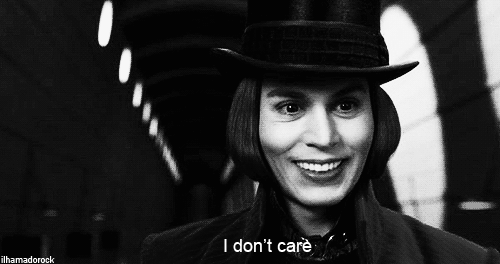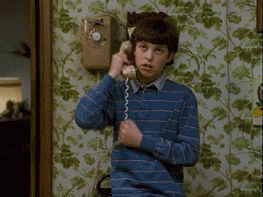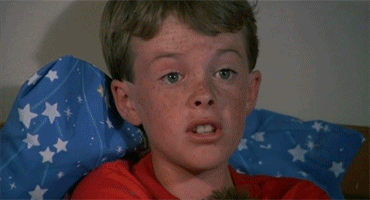Title: THE SHAPE OF WATER
Author: Anne Spollen
Publication Date: April 8th, 2008
Publication Date: April 8th, 2008
My Rating: 2.5/5 Stars
15-year-old Magda's mother has recently died. Now Magda must cope with the loss, while also trying to solve family secrets and find her own place in the world––all the while dealing with several surreal elements that have leaked into her mind.
I'll be honest … I picked up this book because the cover is freaking gorgeous. There's no denying that. Seriously, the back of the book could have said "POOP POOP POOP" and I still would have read the book anyway. Because, man … THAT COVER. Such gorgeous artwork. And a cool, ironic title as well. Sounds good!
Well, the inside of the book was a bit disappointing for me. It wasn't bad, but I felt like I'd seen the same thing done before, but done better than this.
Some areas for discussion:
The writing:
When I first started this book, I was in love with the writing style. I found it unusual and poetic, with a lot of great imagery. That didn't necessarily change, but after a while it started to kind of lose its glamour. Sure, the writing was very good, but it just didn't strike me as particularly realistic. Although it was pretty, it didn't flow naturally; it started to feel a bit forced, and it made it harder to connect with Magda when she didn't narrate like a normal person or have much of a distinct voice.
In addition, Anne Spollen went a bit overboard with the metaphors and similes. Obviously, water and fish and other aquatic things are a big theme in the book, but after a while, it was just like, OKAY I GET IT. You can stop that now.
Speaking of Magda…
As I said, I didn't feel very connected to her. It was partly the writing style and partly that I found her to be an unlikable person.
*Minor Spoiler* My main problem with Magda was that she was an arsonist. She enjoyed going off into the forest near her home and starting fires, apparently not giving a crap for the lives of the people living in her neighborhood.
Sorry, but grief isn't an excuse to endanger other people's lives. I understand she was sad, but that doesn't make it okay for her to do such a horrible thing. Not only that, but she allowed another girl to be wrongly accused and driven out of town, and didn't do a thing about it. Ummm. Not cool, girl.
The pretentiousness:
I feel like a snob when I call something pretentious, because I feel like it's a harsh word. But, that's the term that comes to mind. Over all, I felt that this book was just trying way, way too hard. As I mentioned before, the writing was a little too heavy on symbolism, but it was more than that.
There was a lot going on in the book that felt really unnecessary. Magda encountered a lot of people/situations that served pretty much no purpose in the story, and instead it just felt like filler. For example, she had a conversation with a lady whose job was putting make-up on dead people, and talked to a guy who made women out of driftwood, and she had a random lesbian encounter with one of her friends. … I mean, these things could have been necessary, but they all went by so quickly and were hardly ever mentioned again after they happened. Ultimately, they just felt like artsy/quirky things that the author just wanted to add in for no particular reason.
Then, there was the surrealistic aspect of the story. Where to begin.
Look, I'm a big fan of surrealism if it's done effectively, and I've seen it done very well in several YA books. But surrealism is hard to pull off, and if it's not executed properly then it just ventures into "WTF" territory––and I felt like that's what happened with this book.
Anyway, the surreal parts mostly involved Magda imagining a family of fish talking in her head, dressing up in weird costumes and arguing with each other. I understood it was supposed to be like, memories of her parents arguing that she had kind of suppressed or something. But why fish? As much as I tried to get into it, I just couldn't help but feel it was a little too ridiculous.
And then there was this thing where, whenever she was upset, Magda imagined herself turning into a giraffe. Uhhh … ?

I don't know, I can't even try to understand what that was supposed to symbolize.
So! In conclusion, this book was just okay for me. The writing was generally good, although I started to lose interest in it towards the end. It was original at least, but the surrealism and quirkiness felt rather forced.
As I mentioned at the beginning of the review, I've read similar books that just pulled off the themes much better. If you want to read a YA book involving surrealism and grief, then read A Monster Calls by Patrick Ness. Or if you just want a surrealist YA book in general, check out The Book Thief by Markus Zusak or Imaginary Girls by Nova Ren Suma.
Next Review: THE ADORATION OF JENNA FOX by Mary E. Pearson ... coming soon.























